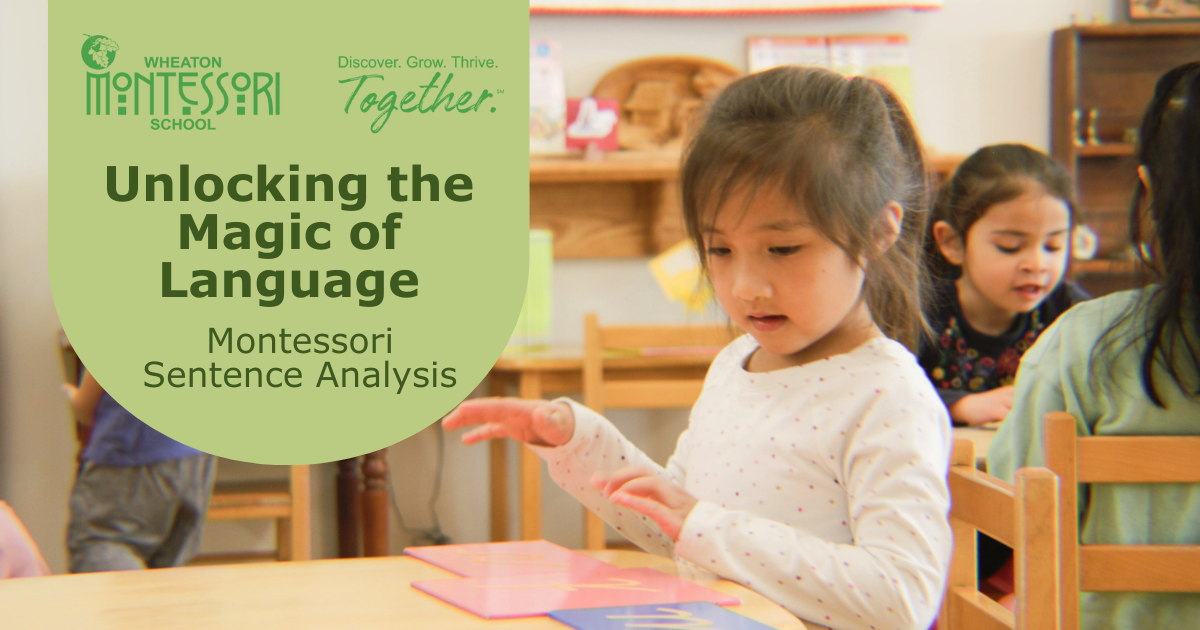
As we transition into the summer months, it’s a good time to take stock of family dynamics. Usually when thinking about how things are going, we focus on children’s behaviors. Yet reflecting upon ourselves and our actions can also be a helpful first step.
First Look at Needs
Psychiatrist Rudolf Dreikurs has explored how human behavior has a purpose. Sometimes we are aware of the purpose and sometimes it is unconscious. Through his work with children, Dreikurs described how to understand behavior by first acknowledging the needs a person is trying to fulfill.
At the most basic level, we all need food, sleep, love, and protection. Certainly, if children (or adults) are starting to act out in some way, the first question to ask is if they are hungry, tired, or not feeling well. Once those basic needs are met, we can consider what else might be at play.
As humans, our need for belonging, connection, or significance is a strong force. If we don’t feel loved or accepted, we may do something (often unconsciously) to get affection or attention, maybe lash out to get even with whoever doesn't seem to be noticing these needs, or perhaps even retreat into a discouraged mode.
Understand Mistaken Goals
Dreikurs identified how many behaviors stem from four mistaken goals: the desire for attention, the need for power, the hunger for revenge, and the assumption of inadequacy. If our goal is attention, the coded message behind the behavior is "notice me" or "involve me usefully" If we need power, our behavior sends the message that we need meaningful ways to contribute. If we are trying to get revenge, we are communicating that we are hurting or need our feelings validated. When we assume inadequacy by giving up or wanting to be left alone, the message behind the behavior is that we need people to believe in us and show small steps toward success.
Practice Self-Acceptance
Children need the adults in their lives to peer behind their behavior, consider underlying causes, and provide empowering support. As adults, we often need to do this for ourselves first. At the heart of the process is self-acceptance. We need to love ourselves unconditionally and give ourselves the time and space to attend to our unconscious motivations.
One of the first acts of loving kindness we can do is take care of ourselves, notice our own needs, and patiently honor our efforts. When we are clear about our own needs, we can then be more effective in interpreting our children’s unmet or unspoken needs.
Examine the Clues
Once we have given ourselves grace, we pause and notice what might be behind our children’s behavior. Look at our emotions when our children act out in some way. The Positive Discipline approach, which is based on Dreikurs’ work, offers a helpful tool called the Mistaken Goal Chart.
When our children display some sort of bothersome or upsetting behavior, we can use this chart to hone in on three significant clues that let us know what our children need.
The first clue is found in recognizing what emotions our children’s behavior brings up for us. Do we feel annoyed and irritated, angry and challenged, hurt and disappointed, or hopeless and inadequate?
The next clue is how we react to the behavior. Do we coax? Give in? Fight back? Retaliate? Give up? Try to over-help?
The third clue is how our children respond to our reactions. Do they stop temporarily but then resume the behavior? Does the behavior intensify? Is there retaliation? Or just passivity?
Peel Back the Layers
By using the Mistaken Goal Chart, we begin to peel back the layers and start to understand what beliefs may be underlying children’s behaviors. This process helps us look at how we may be contributing to the behavior and what the coded messages mean. Once we understand those pieces, we can shift our responses to empower our children in proactive ways.
Rather than falling into unconscious patterns, let’s first consider and acknowledge our unspoken needs and proactive ways to take care of ourselves. Then, let’s take the same compassionate approach with our children. We all need to feel a sense of belonging, connection, and significance. Here’s to creating that together this summer!
As always, please also feel free to schedule a visit. We love connecting about all things children and child-rearing!
If you have not toured yet, schedule soon. Spaces are limited for children who will be between 2.5 and 4 for summer and fall 2024 start dates. Our waitlist is closed for children from Kindergarten through 9th grade. Prospective families can schedule a school tour by clicking on this link.


